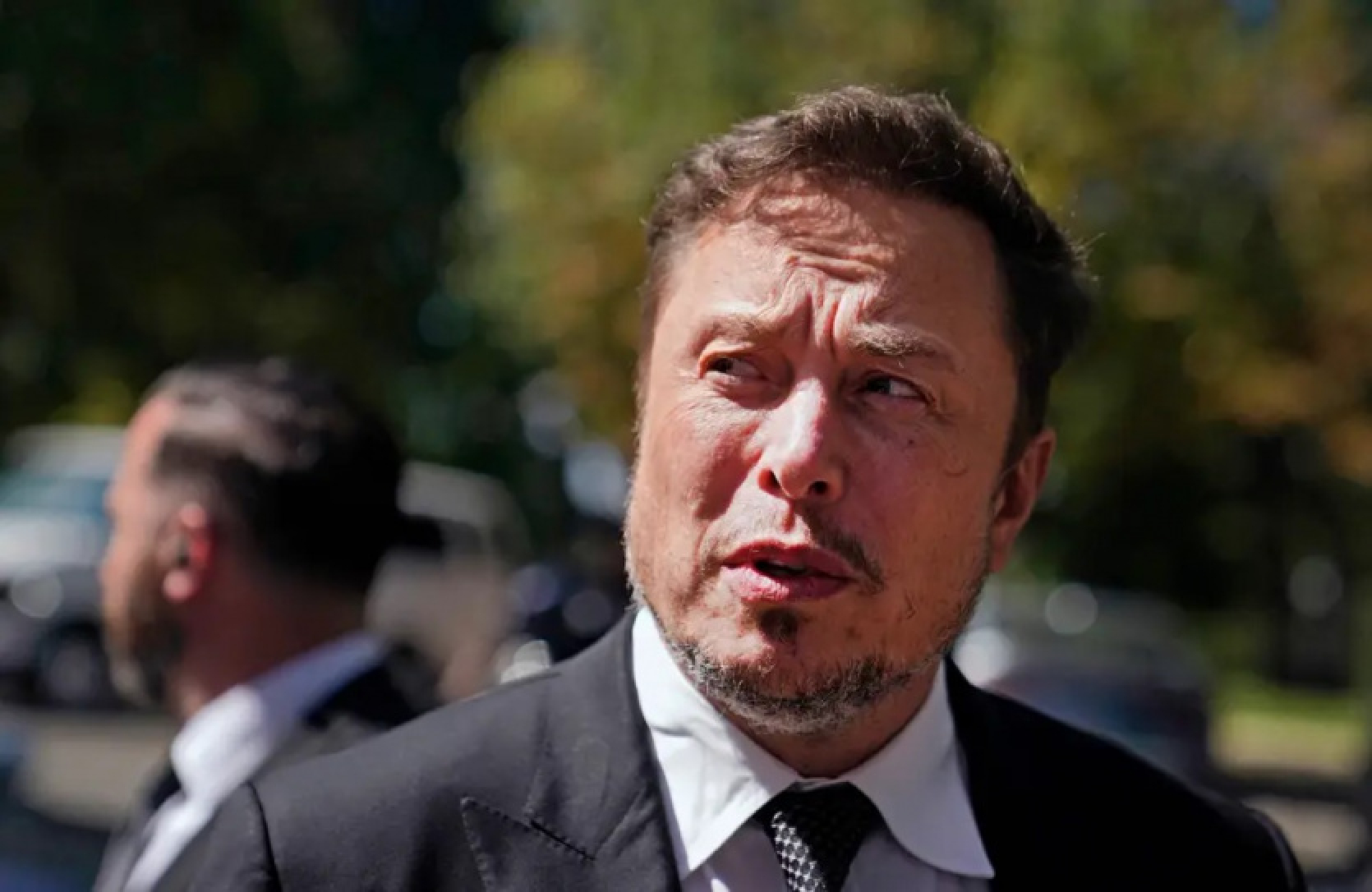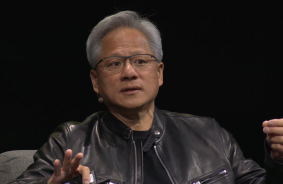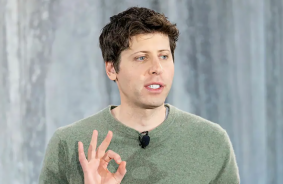The funds Elon Musk borrowed to acquire Twitter have turned into the worst merger financing deal for banks since the financial crisis of 2008-2009.
Seven banks, including Morgan Stanley and Bank of America, lent money to the billionaire's holding company to make the social network, now known as X, private in October 2022. Typically, banks that provide acquisition financing sell the debt to other investors to move it off their balance sheets and earn fees. However, this time, they could not offload the debt without incurring significant losses, mainly due to X's poor financial performance, which caused the loan to remain "stuck" on their balance sheets.
According to sources involved in the deal, the write-downs resulting from this have undermined the banks' credit portfolios and, in one case, affected the compensation of the bank's mergers department. The value of the loans granted to Musk rapidly declined after the $44 billion acquisition was completed. But new analysis shows how continuous low performance has placed this deal in a historically significant territory.
Data from PitchBook LCD indicates that Twitter's loans have been "stuck" longer than any similar unsold deal since the 2008-2009 financial crisis. While there were many more suspended deals back then, banks generally could still sell or write down most of their suspended debt within roughly a year after the loans were issued. One of the unfinished deals, a $20 billion debt acquisition in 2007, ended in bankruptcy approximately 12 months after banks provided funding.
According to those involved, the banks agreed to sign a deal that even Musk deemed overvalued, primarily because the allure of banking the world's richest person was too tempting to pass up. Musk and other investors contributed around $30 billion to purchase the company, providing banks with some "cushion" in case something went wrong.
The loans for Twitter, along with other stalled deals, previously helped some banks enhance their standings in investment banking rankings. The ranking is a key part of how banks market themselves to clients and can influence compensation. Dealogic, Bank of America, and Morgan Stanley topped the American investment banking tables in 2021 and 2022 for several quarters leading up to Musk's acquisition of Twitter. In 2023 and 2024, JPMorgan and Goldman Sachs, which did not finance the Twitter deal, retained the top positions.
Banks such as Barclays, Mitsubishi UFJ Financial Group, BNP Paribas, Mizuho, and Société Générale were able to secure significant interest rates on loans to X. These loans are typically structured for seven to eight years and carry interest rates several percentage points higher than what is offered to investment-grade companies. Thus, banks will incur minimal losses if X can meet its interest obligations and repay the principal when the loans mature.
However, nearly two years after Musk's acquisition, X's business is still struggling to climb out of the deep pit it fell into under his ownership. Last year, the company indicated its value had dropped by more than half, down to around $19 billion. While recent data shows that usage of the platform has risen amid a surge of political news in recent weeks, there’s no evidence this will lead to a significant recovery in advertising revenues. Some public statements and tweets by Musk have complicated the sale of the debt.
- Musk stated that his annual interest payments amount to about $1.5 billion.
With the two-year loan term for Twitter approaching, banks have been unable to resell them, even as their value has diminished by hundreds of millions of dollars. The debt reduces the banks' profits, and the retention of high-risk loans directly on their balance sheets attracts more scrutiny from regulators. Stalled loans have also cut into the annual earnings of some investment bankers.
At a New York dinner last year, leading investment bankers from Barclays' mergers and acquisitions group were informed that compensation for all attendees would be cut by at least 40% compared to the previous year. The bank had several stalled deals, negatively impacting its performance, but X was unquestionably the largest among them. According to witnesses, after year-end bonuses were paid, around 50 of more than 200 directors at Barclays left the firm.
Earlier this year, the banks discussed a possible plan to restructure the deal, whereby Musk could repay part of X's outstanding debt, and the banks would agree to lower interest payments. However, X did not follow through with the plan.
On one hand, banks are eager to seize opportunities to work with Musk and his six companies. In particular, many are lured by the potential of an initial public offering of SpaceX or Starlink shares as an event that generates commissions that investors don’t want to miss.
Source: The Wall Street Journal














Comments (0)
There are no comments for now